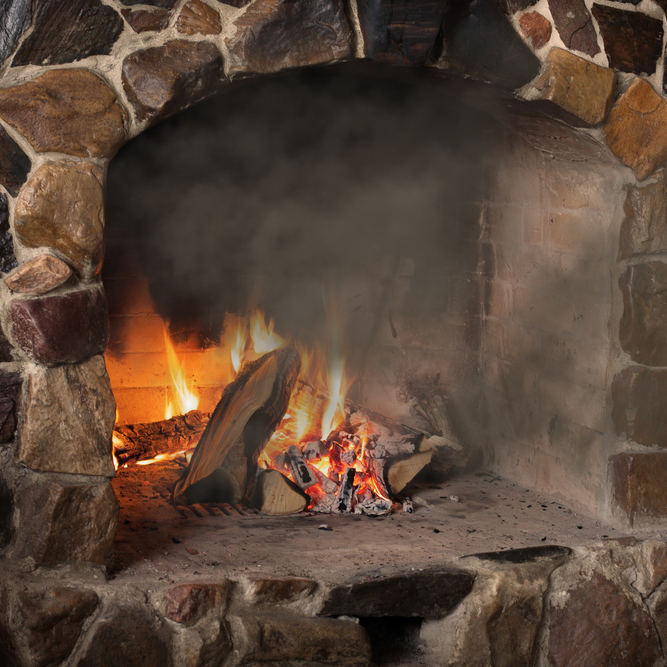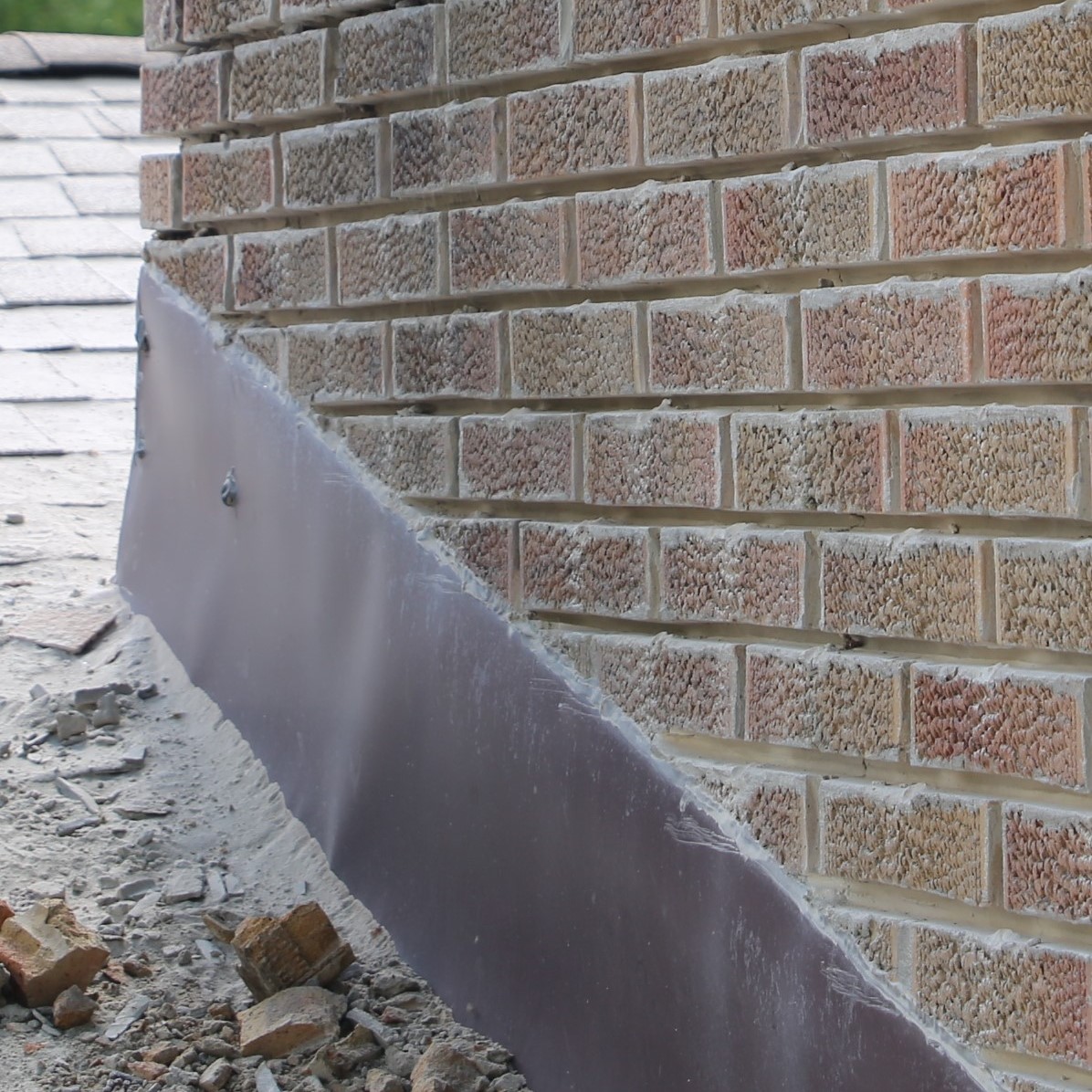Chimney & Fireplace FAQ – Info You Can Use
Chimneys and fireplaces are pretty straightforward when it comes to how to use them and what they’ll do for you. But there’s more to both than meets the eye. Here are some FAQs about chimneys and fireplaces that will help you get more out of them and keep them running safely.
 Q: How can I make fires with less smoke?
Q: How can I make fires with less smoke?
A: If you’re creating excess smoke when you build fires, the problem may be that your logs aren’t fully seasoned (dry). Damp wood makes a lot of smoke. If there’s smoke backing up into your room, it may not be because of excess smoke but rather a blockage in your flue.
Q: How can a chimney flue get blocked?
A: Common blockages include debris from nearby trees and the nesting materials of small animals. Built-up creosote also can block the flue. With too much of any of this, smoke won’t be able to smoothly draft up and out of your chimney. If your chimney has no chimney cap, get one installed right away to prevent this problem in the future.
Q: I was told that chimney fires can happen without the people in the house even knowing about them. Is this true?
A: It’s very true. Many chimney fires start and then go out on their own, without giving the homeowners any clues. However, clues may be left behind in the form of damage to the chimney liner and possibly to interior masonry and adjacent home building materials. Have your chimney cleaned once a year to reduce the chance of a chimney fire.
Q: What if I clean the chimney myself? Will that make fires less likely to happen?
A: If you have the brushes, scrubbers, rotating rods, industrial solvents and commercial vacuums used by certified chimney technicians along with extensive supervised training, you’ll be fine. Otherwise, let a professional do the job. Untrained individuals can do more harm than good to a chimney.
Q: Can I at least use those chimney cleaning logs?
A: You can use them. Just keep in mind that the Chimney Safety Institute of America (CSIA) – the country’s leading educational and certifying body for the chimney industry – says that cleaning logs are not suitable as a replacement for professional chimney cleaning. As supplemental protection against creosote buildup in between chimney sweep visits, cleaning logs might be beneficial.
Q: My fireplace is giving off some strong musty odors. Is there water up in the chimney?
A: Most likely. A chimney leak can start in the bricks and mortar or because of damage to a component such as the chimney crown or chimney flashing. If you smell musty odors, have your chimney inspected right away.
 Q: My chimney is very old, and the bricks and mortar are starting to crumble. Is this something I need to look into immediately?
Q: My chimney is very old, and the bricks and mortar are starting to crumble. Is this something I need to look into immediately?
A: It’s something you should at least have checked out. A licensed chimney inspector can tell you the extent of the problem, why it’s happening and what needs to be done to fix it. For minor masonry damage, a waterproof sealant often solves the issue. If water damage has already started within the masonry, then brick replacement, tuckpointing or partial rebuilding might be needed.
We hope these “typical” fireplace and chimney questions have given you some answers you can use. When you call on Above & Beyond Chimney Service of Dedham, MA, the technicians who come to your house for chimney cleaning, inspection or repair work will be able to accurately answer any questions you have about your chimney and fireplace.
Speak with an Above & Beyond chimney expert today at (781) 383-0415.
